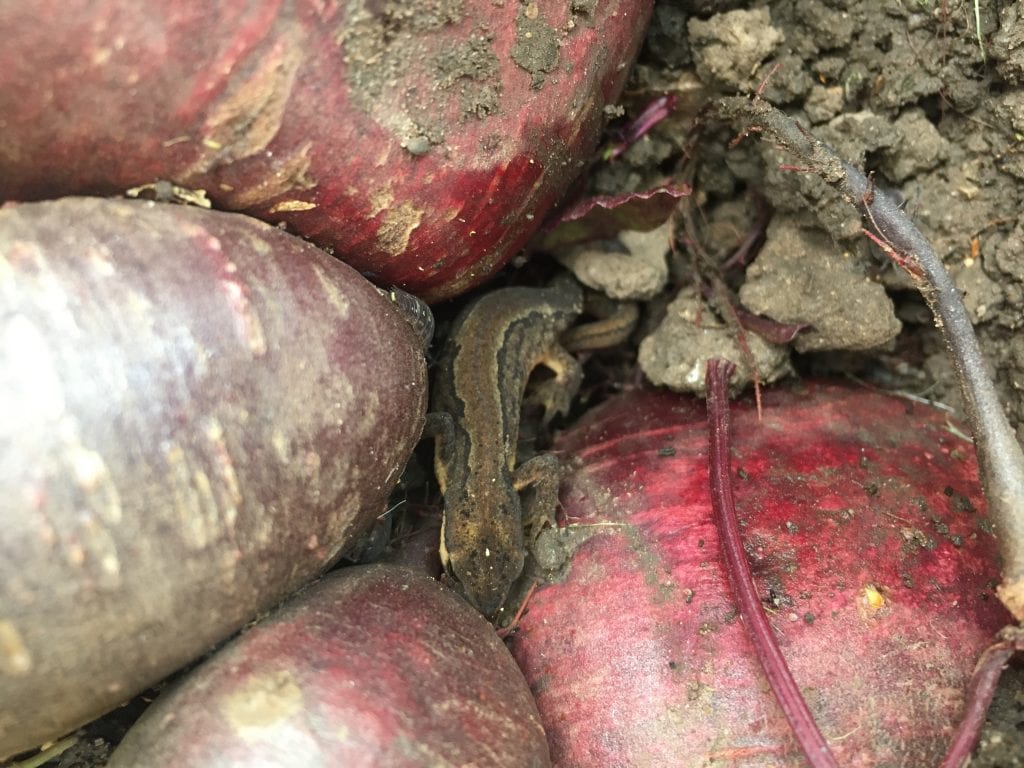“…It sustains and nourishes unequal power relationships. In most of our interactions with power, data is not something that is freely given but is forcibly extracted.” – James Bridle
We came to this fellowship through an interest in the unequal power relations inherent in the way big data is collected and used. Our initial research questions focused on how we could (in our roles as critical designers, artists and educators) work with artists-activist to develop data literacy skills and use them as a tool towards social justice. We wanted to create tools, knowledge and counter-narratives that would go towards the redistribution of power.
The research methods we had planned on using were social and active, including field trips, workshops and collaborations with the design students we work with, artists, activists and experts in the field. These plans were sidelined by the Covid-19 pandemic, which for us (as with many others) brought with it an increase in caring responsibilities, bereavement, financial insecurities and a completely altered context. Unable to collaborate together in our studio, work with students in person, be with other data fellows ‘in real life’ and struggling with the monumental shift of everything moving online, we instead spent much of the spring and summer reading books, attending the workshops that had moved online, listening and thinking about the politics of data in isolation and trying to reconfigure our route through this fellowship.
What we were reading and thinking about was often overwhelming and had a sense of urgency to it. Alongside this we were consumed by how the pandemic had destabilised the systems and structures we rely upon. We wanted to respond to the new context we found ourselves in instead of circumnavigate it, and so we completely changed the focus of our research.
We have an allotment and before the first lockdown was called – seeing it on the horizon – worried about the disruption to our food supply which was beginning to show in empty shelves in the supermarkets. We worked hard and frantically to put seeds in the ground. We didn’t know if we would still have access to this space if a lockdown happened. In this uncertainty it felt affirming to know that a seed we put in the soil in March would produce a beetroot by July. As it turned out it was one of the few spaces we had unlimited access to. For us this space became ever more important in the context we were now living in… we could be productive there and be outside for as long as we wanted, phones switched to aeroplane mode… Our thinking turned towards the value of this space, access, the politics of common land, the knowledge held within it, the looming threat of gentrification and privatisation. Waiting lists for allotments have never been so long but due to their inability to generate profit they are a precarious space within the financialised city.

‘Allotment earth is like the cache on a public computer, it holds too much information… The allotment reads as an ever-expanding network of co-dependencies that stretch through time and space, an accumulation of every action ever.’ Rebecca May Johnson, Qualities of Earth.
Over a growing year we will, with the help of other allotment holders, alternative economists, and commons scholars, think about how alternative forms of data collection might help sustain and protect these muddy, alive, bio-diverse common spaces for the future.
Thanks to the generosity of SWCTN team whose programming gave us stability during the early days of the pandemic and who during the later stages reassured and supported us when faced with huge challenges to the way we work.
